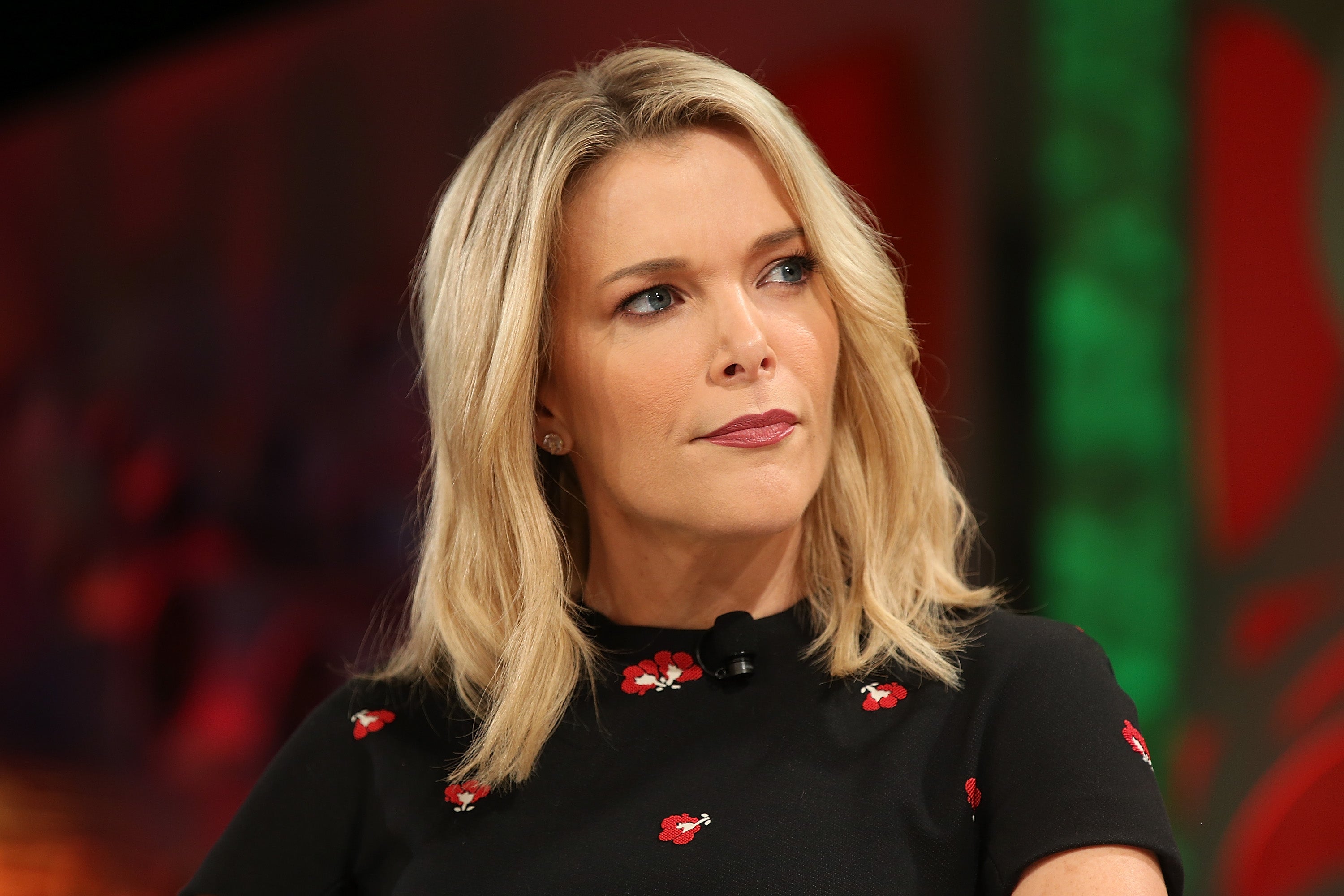Why does Megyn Kelly really hate the idea of helping ‘snot-nosed’ college kids?
The reality is that student debt hits poor people harder. ‘Elite’ graduates already have their student debt paid off by their families


President Joe Biden has extended a moratorium on student loan payments through August 31. The pause gives some 43 million borrowers additional time to recover from the pandemic before payments start up again.
It has also reignited a debate about student loan forgiveness. Student debt tripled between 2008 and 2018 to $1.5 trillion. Progressives like Representative Alexandria Ocasio-Cortez have been pushing Biden to fulfill his campaign promise to repeal at least some student debt. In response, conservative commenter Megyn Kelly scoffed at the idea of helping “elite graduates” and “snot-nosed kids.”
Conservatives love to bash college students and label them as wealthy and entitled. But the truth is that many of the people who are drowning in debt are just struggling to pursue their dreams. Kelly’s angry, stigmatizing language suggests that the real issue is that conservatives dislike the idea of young people getting above themselves. The repeal of debt is a threat for Kelly not because it helps the rich, but because it helps people — especially young people — who Kelly seemingly wants to keep in their place.
Kelly suggested in her comments that repealing debt would benefit graduates of elite schools like Columbia. But debt is not just a problem at private schools. There’s been a massive disinvestment in higher education at the state level, which has led to ballooning tuition costs at public universities. Public college tuition between 2008 and 2019 rose by 37 percent, or $2,708 per year. In some states, including California, Florida, Arizona, and Georgia, tuition rose more than 60 percent.
The increase in prices has come at exactly the moment that less affluent students are trying to go to school in greater numbers. A Pew study in 2019 found that undergraduates from poor families increased from 12 percent in 1996 to 20 percent in 2016. Students of color grew from 29 percent to 47 percent in the same period.
Conservatives say they dislike college students because they’re “elite”. But perhaps the real reason they target college students is that they resent the fact that students are less wealthy and less white than ever before.
When less wealthy students attend more expensive schools, the result is more debt. And unsurprisingly, the people most in need of relief, and who struggle most with repayment, are the least privileged. The Brookings Institution argues, “having student debt is now a marker of relative disadvantage, because it means the student’s family did not pay their tuition.”
One-third of low-income student borrowers at four-year schools drop out, compared to only 23 percent of student borrowers overall. And when students drop out they have trouble paying debt back, since they don’t have the higher earning associated with a degree. Low-income borrowers are much more likely to default, even though their debts are generally lower because of student aid and because they choose cheaper colleges.
Student debt also disproportionately affects Black families. Black households have less generational wealth than white families. In 2016 white families typically had a net worth of $171,000; Black families had a net worth of only $17,150.
As a result, Black families cannot contribute to their children’s education the way white families can. This leads to Black students taking on more debt which they are less able to pay back. Black graduates hold $53,000 in student debt four years after graduation, twice as much as white graduates.
Another group disproportionately affected by debt is LGBT youth. LGBT students have $16,000 more debt than their straight peers. Parents may be prejudiced against their LGBT children and unwilling to help them with school. LGBT people also face workplace discrimination, which makes it more difficult for them to get high-paying jobs and pay back their debts.
It’s also worth remembering that even affluent young people generally have little, if any, money of their own. In the past, young people could reasonably get a job and pay for college by themselves; they didn’t have to be dependent on parents. Now, it’s virtually impossible for students to pay for school alone. That gives parents great power and leverage over their children’s school experience — where they’re allowed to go, what courses they’re allowed to take, what dreams they’re allowed to pursue. Debt effectively transfers power and independence from young people to older adults.
Kelly claims she is against debt forgiveness because it will help undeserving rich kids. In fact, though, debt predictably makes life more difficult for those with the least: poor people, Black people, LGBT people, young people. Conservatives dislike debt forgiveness for the same reason they dislike unemployment benefits and oppose the child tax credit which has pulled millions of children out of poverty. The right is enraged by policies which benefit poor and marginalized people because they do not want poor and marginalized people to benefit.

Join our commenting forum
Join thought-provoking conversations, follow other Independent readers and see their replies